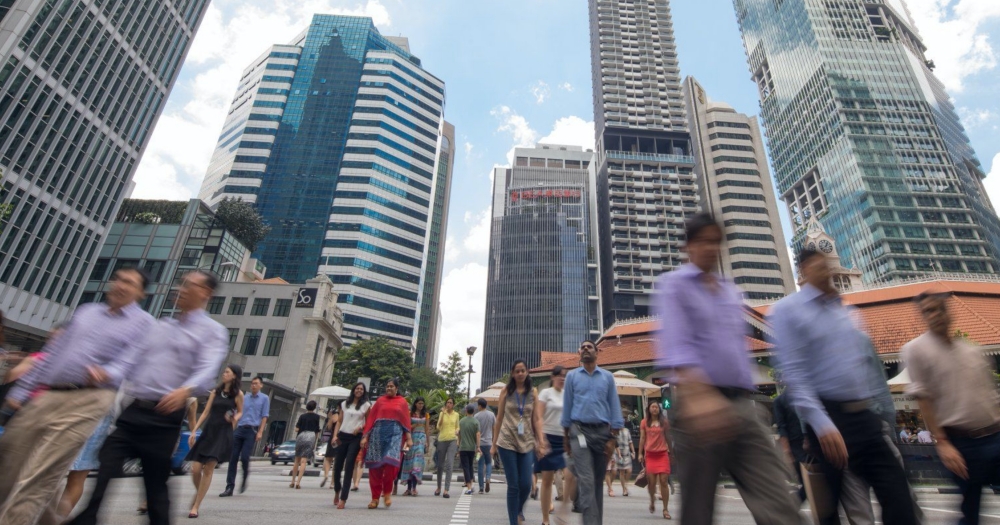Follow us on Telegram for the latest updates: https://t.me/mothershipsg
A study in Singapore found that the median pay for university or post-graduate degree holders is S$4,200 a month.
"We value paper qualifications a lot"
A total of 1,905 Singaporeans living in four-room or smaller HDB flats and aged between 21 and 38 were interviewed between October 2020 to March 2021 for the study, "In-Work Poverty and the Challenges of Getting By Among the Young", which was cited by The Straits Times (ST).
Findings
Even though the study is ongoing, the first set of findings have been released, revealing the median pay of respondents from different education levels and the resulting disparities.
For instance, university or post-graduate degree holders have a median pay that is more than twice of the S$2,000 that those with secondary and lower education or with Institute of Technical Education (ITE) qualifications are taking home each month.
It is also 62 per cent higher than the S$2,600 that those with diploma or A-level qualifications are remunerated.
Irene Ng, the principal investigator of the study and associate professor at the National University of Singapore's social work department, said those with university degrees are able to command a substantial wage premium, adding "we value paper qualifications a lot".
Higher educated individuals experience less anxiety symptoms
The study also found that those with higher education have jobs with better working conditions, such as work training, better work environments, and lesser job insecurity.
Degree holders most commonly worked as engineers, administrative and general executives, or financial consultants and insurance agents, while those with secondary education and lower were mostly working as delivery riders, administrative assistants and clerks, and salespeople, retail assistants and cashiers.
Low-wage workers were affected by Covid-19 more, where 35 per cent suffered from job disruption, such as retrenchment or they quit their jobs, and 19 per cent experienced income loss.
On the other hand, 21 per cent of those earning higher wages suffered job disruption, while 4 per cent from this group saw an income loss.
Additionally, more low-wage workers reported experiencing symptoms of anxiety, like having trouble sleeping or being particularly irritable, when compared to those with higher wages.
Spotlight issues that policy makers can take into consideration
Ng, the principal investigator of the study, said the study's findings shine a light on issues experienced by low-wage workers that policymakers, companies and community groups can consider.
One such issue is remote work, where encouraging this work arrangement may not benefit low-wage workers as much as those who earn more.
Besides this, employers should change their mindsets to value work performance more instead of just paper qualifications.
The study is expected to take 3.5 years.
Top image from Ministry of Manpower/Facebook
If you like what you read, follow us on Facebook, Instagram, Twitter and Telegram to get the latest updates.
